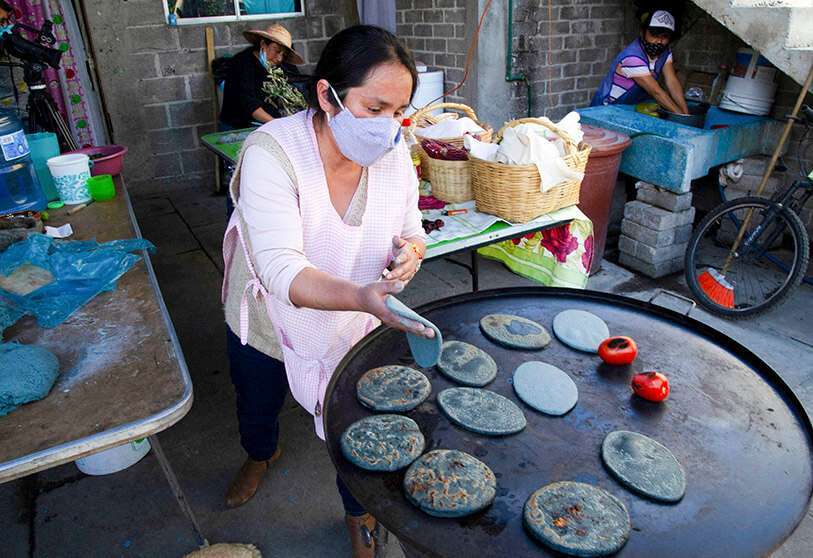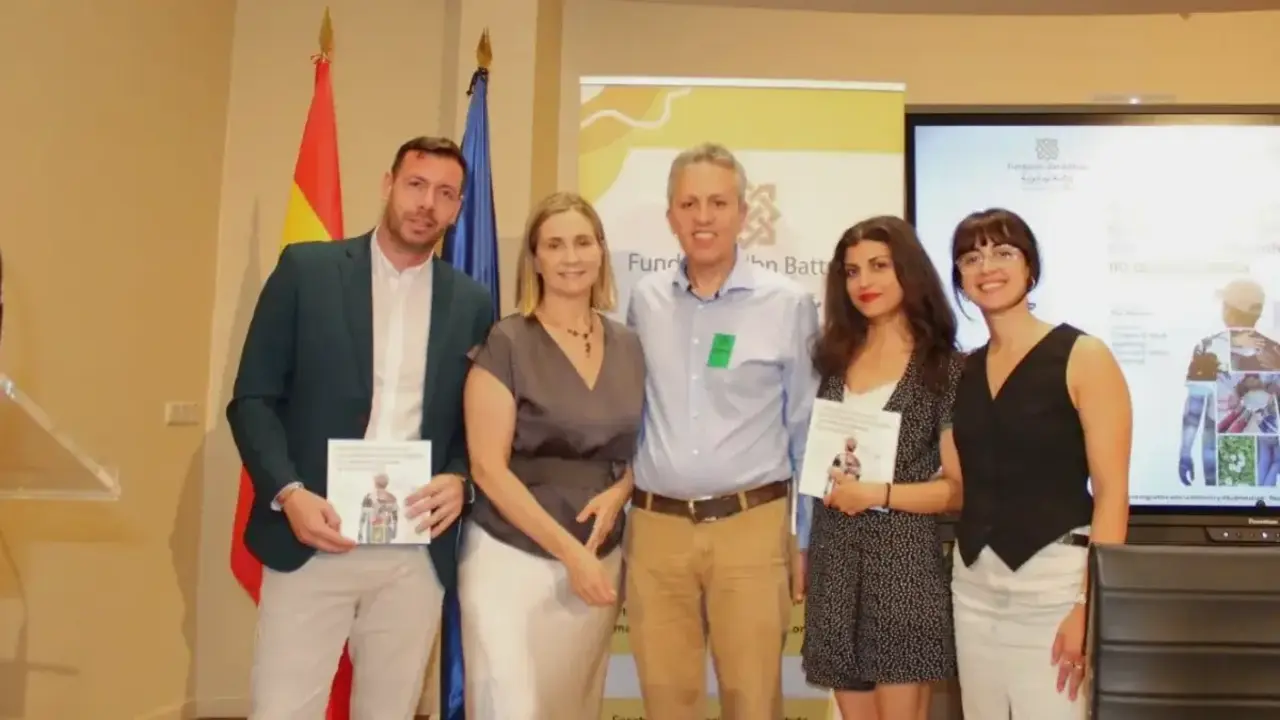Pandemic reveals a wounded and deeply unequal America, says AI

The precarious human rights situation in the Americas has been "exacerbated" during the pandemic and abuses became even more evident in a crisis that goes beyond health, according to Amnesty International's annual report.
"What COVID-19 has revealed is how historically marginalised groups on the continent, as a result of inequalities, neglect and abuses suffered for decades, are more exposed to the impact of COVID-19, not only in terms of contagion and deaths," Erika Guevara, director for the Americas at Amnesty International (AI), told Efe.
The report, released on Wednesday, outlines the human rights situation in 21 countries in the Americas. It also includes a final analysis of trends and issues of greatest impact, in this case covering the situation in 2020 and so far in 2021.
The Americas have accumulated more than 55 million cases of the coronavirus and 1.3 million deaths, with the United States, Brazil and Mexico leading the world's highest absolute death tolls, following confusing reporting of the pandemic by their governments.
According to the document, at the beginning of last year the Americas was the most unequal region in the world, a situation made worse by the pandemic, with 22 million more people falling into poverty and 8 million into extreme poverty.
However, hunger, poverty and death from the coronavirus are only the most visible part of a pandemic that deepened human rights violations and exacerbated conditions of inequality and oppression for many people across the continent.

Although AI maintains that the pandemic could even be an opportunity for governments to change course and bring about a paradigm shift, "it seems that our governments do not learn from their mistakes," said Guevara.
"COVID-19 exacerbates the conditions of inequality, of protection, of violation of the exercise of human rights, etc., precisely because of structural failures, the negligence of the states and the lack of public investment in access to fundamental rights, among many other elements," she said.
The AI director considered that vaccination should be an opportunity for "the governments of the continent to truly coordinate their efforts and collaborate with each other", as the ineffectiveness of the leaders and the hoarding of vaccines by rich countries are worrying.
In a region plagued by impunity and corruption "the bill to pay" is very high, he said.

The report analyses the specific situation in the 21 countries, but also, through a regional approach, looks at general trends "especially marked by COVID-19".
"With great concern we see how some governments in the continent responded to the pandemic with a mixture of denialism, opportunism and disregard for human rights," said Guevara, who insisted on alarming situations in several countries.
For example, in countries such as El Salvador and the Dominican Republic, more people were arrested than infected during the same period.
In other countries such as Chile, Cuba, Bolivia and Venezuela, COVID-19 was used as an excuse to continue attacking the rights to freedom of expression and peaceful assembly.
Violence against women, attacks on journalists and human rights defenders or discriminatory attacks based on class, skin colour or sexual orientation or preference persisted and increased in number, giving rise to a social fury that was contained with the excuse of the COVID-19 quarantine.

According to Amnesty International's report, with 264 killings last year, Latin America and the Caribbean was the deadliest region in the world for human rights defenders, accounting for 79% of the global total of 331 killings.
Mexico, Honduras, Haiti or the United States faced historic political crises but when people tried to take to the streets to demand accountability they were met with repression that, in many cases, ended in police violence.
Under the pretext of public health measures, the US detained and deported almost all asylum seekers at its border with Mexico.
The authorities expelled more than half a million migrants and asylum seekers from March 2020 to February 2021.
Latin America Coordinator: José Antonio Sierra







